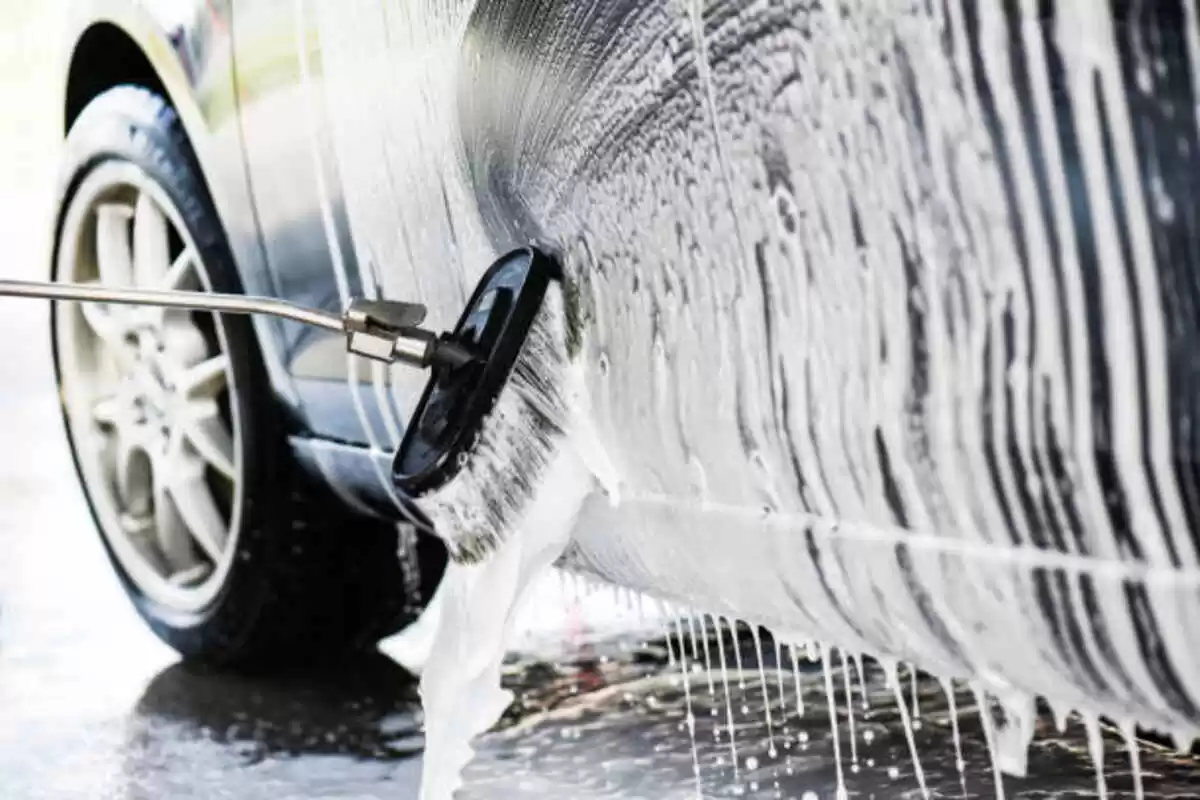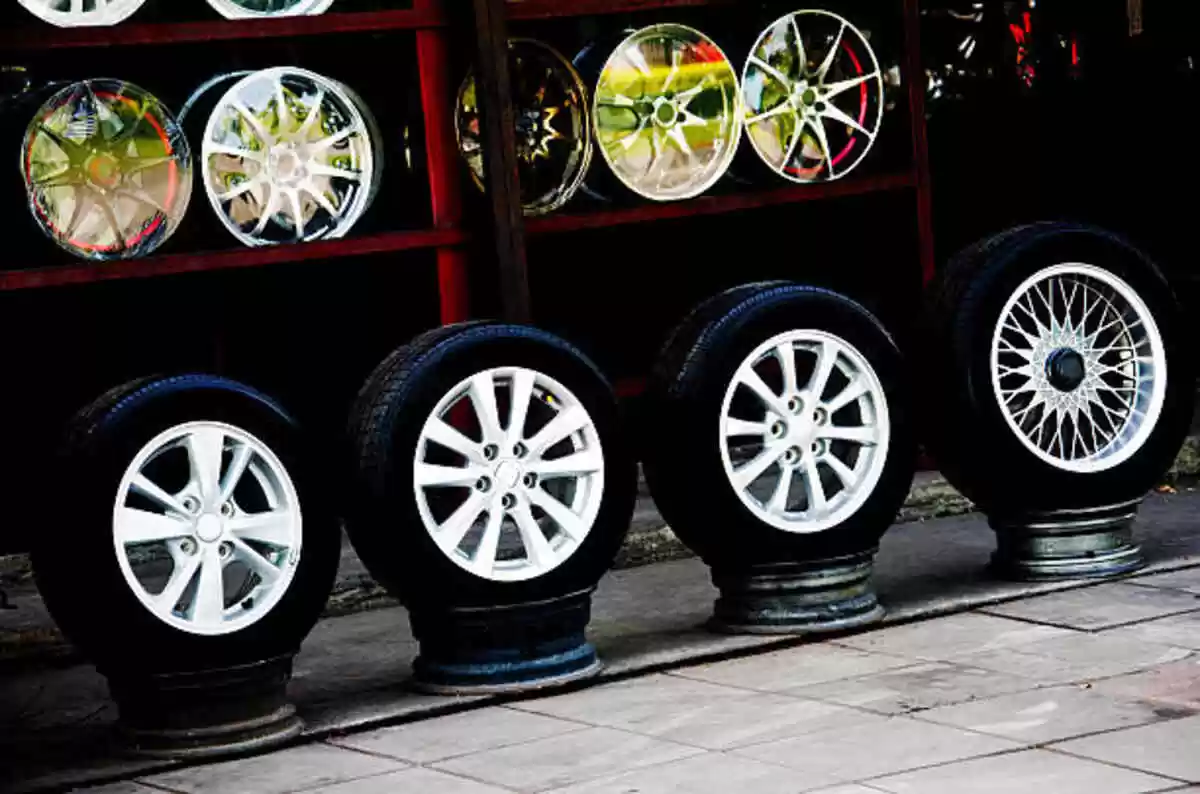WASHINGTON — Democratic Sen. Joe Manchin, joined by Republican Sen. Lisa Murkowski, on Monday pressed the Biden administration for an update on congressionally mandated critical mineral initiatives that the two lawmakers say are overdue.
In separate letters sent to U.S. Energy Secretary Jennifer Granholm, Defense Secretary Lloyd Austin, Interior Secretary Deb Haaland and National Intelligence Director Avril Haines, the two moderate senators expressed concern over the delayed implementation of certain critical mineral provisions in the Energy Act of 2020 and the Infrastructure Investment and Jobs Act.
“Congress acted to provide substantial new authorities and federal assistance to boost domestic mineral supplies through the Energy Act of 2020 as well as the Infrastructure Investment and Jobs Act,” the senators wrote. “Due to the severity of the challenge, and the need for a robust and rapid federal effort, many of these mineral provisions contained deadlines. Unfortunately, those deadlines have not been met.”
Manchin, of West Virginia, and Murkowski, of Alaska, urged the federal agencies to prioritize those efforts and immediately provide Congress with an update.
“Without this effort, we will remain vulnerable due to our lack of domestic production and processing of critical minerals, including rare earth elements,” they wrote.
The two lawmakers specifically asked Granholm about the status of studies on the “cradle-to-grave” environmental impact of electric vehicles and the impact of forced labor in China on the EV supply chain.
President Joe Biden in March invoked the Defense Production Act to encourage domestic production of materials used for EV batteries and reduce reliance on China and other countries.
Demand for those key battery materials — such as lithium, nickel, cobalt, graphite and manganese — is expected to swell as automakers pursue ambitious electrification goals and amid a global transition to cleaner energy technologies.
“While we appreciate the president’s focus on this issue, including the recent invocation of the Defense Production Act, a whole-of-government approach is required to meet this challenge,” Manchin and Murkowski wrote.
Congress passed the Energy Act of 2020 as part of the fiscal year 2021 omnibus appropriations bill, which was signed into law by then-President Donald Trump.
Biden signed the infrastructure bill in November.





